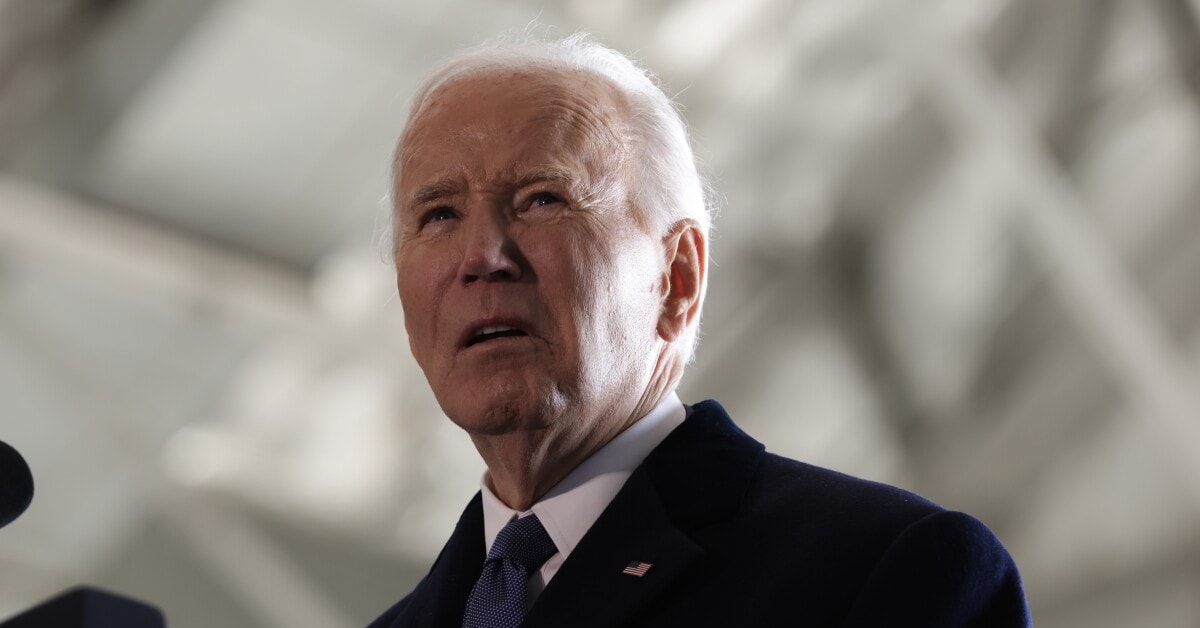Joe Biden Faces Cancer Diagnosis Amid Heightened Health Scrutiny
President Joe Biden’s cancer diagnosis adds to ongoing public concerns about his age and health, marking a new chapter in his decades-long journey of perseverance.

Washington, D.C. — President Joe Biden, known for his unyielding resilience through personal and political adversity, is now facing yet another profound test: a recent diagnosis of cancer. The revelation comes at a critical juncture in his presidency and re-election campaign, adding a deeply personal dimension to the national conversation about the 81-year-old leader’s age and health.
Though the White House has not disclosed extensive details about the type or stage of the cancer, officials confirmed that the diagnosis was made following routine medical evaluations. The news immediately intensified debates already brewing around Biden’s capacity to serve a second term.
Public Health Disclosure Raises Transparency Questions
Biden’s medical history has been subject to public scrutiny for years, particularly given his status as the oldest sitting U.S. president. While he has generally been described as “fit for duty” in annual medical assessments, this new development could prompt demands for greater transparency from the administration.
The White House press office issued a brief statement acknowledging the diagnosis, stating, “President Biden remains in good spirits and continues to carry out the full duties of the office.” They emphasized that the cancer was detected early and is considered treatable.
Nevertheless, many are asking for more specific information. What kind of cancer? What treatment will he undergo? How will this affect his schedule and decision-making capacity?
A History of Perseverance Through Pain
Throughout his long career in public service, Joe Biden has faced profound personal tragedy and serious health challenges. He lost his first wife and infant daughter in a car accident in 1972, just weeks after being elected to the U.S. Senate. In 2015, his eldest son Beau Biden died of brain cancer—a loss that left a lasting mark on the President.
Biden himself has faced several medical procedures over the years, including surgeries for brain aneurysms in 1988. His ability to recover and return to full political activity has often been cited as evidence of his resilience.
This cancer diagnosis adds another layer to the narrative of a president who has, time and again, confronted adversity head-on.
Impact on 2024 Re-Election Campaign
With the 2024 election cycle already heating up, Biden’s health was already a topic of debate among voters and political analysts. Polls consistently show that a significant portion of the electorate harbors concerns about his age and stamina.
The diagnosis may further complicate Biden’s path to re-election, even as he remains the presumptive Democratic nominee. His campaign team has tried to downplay age-related concerns, focusing instead on policy achievements and stable governance. But a cancer diagnosis, no matter how treatable, could alter public perceptions.
Political strategist Anne Kiley noted, “In today’s media environment, health narratives can shape campaigns just as much as policy. The Biden team will need to control the message carefully and offer as much reassurance as possible.”
Bipartisan Support and Political Reactions
Following the announcement, an outpouring of support came from across the political spectrum. Republican and Democratic lawmakers alike extended well-wishes, offering a rare moment of unity in a deeply divided Washington.
Former President Barack Obama tweeted, “Joe has always shown incredible strength. I know he’ll fight this with the same courage and determination he’s always had.”
Former President Donald Trump, Biden’s likely 2024 rival, offered a more tempered message during a campaign stop in Iowa, saying, “I wish President Biden a swift and full recovery. We disagree on policy, but I respect the office and wish him good health.”
Medical Experts Emphasize Context
Medical professionals caution that the term “cancer diagnosis” can encompass a wide range of prognoses. Without knowing the type and stage, it is difficult to assess the full implications.
Dr. Sandra Liu, an oncologist at Johns Hopkins, explained, “Many cancers, especially when caught early, can be effectively treated or managed long-term. What matters now is transparency and a clear treatment plan.”
She added that age alone should not be the sole factor in judging a patient’s ability to carry out demanding tasks, noting that “many octogenarians maintain active, productive lives.”
What Comes Next
According to White House insiders, President Biden will undergo treatment while remaining in office. No transfer of power is currently anticipated, and the president has not canceled any major public appearances as of yet.
The administration has promised regular updates while asking for privacy as the president and his family process the diagnosis.
While the path forward is uncertain, it is likely to be a defining moment in Biden’s political legacy. Whether it will galvanize public support through empathy or heighten existing skepticism remains to be seen.
Final Thoughts
President Joe Biden’s cancer diagnosis is not just a personal challenge—it is a national moment that will test political narratives, institutional transparency, and public trust. For a leader whose career has been marked by grit and emotional depth, this chapter may yet become another testament to his endurance.
Whether Biden’s health impacts his governance or candidacy will depend not only on medical developments but on the stories told in the days and weeks to come.
TOPICS MENTIONED IN THIS ARTICLE
Thank you for visiting! Enjoy exploring our diverse collection of blogs, crafted with passion and insight to inspire and inform. Happy reading!